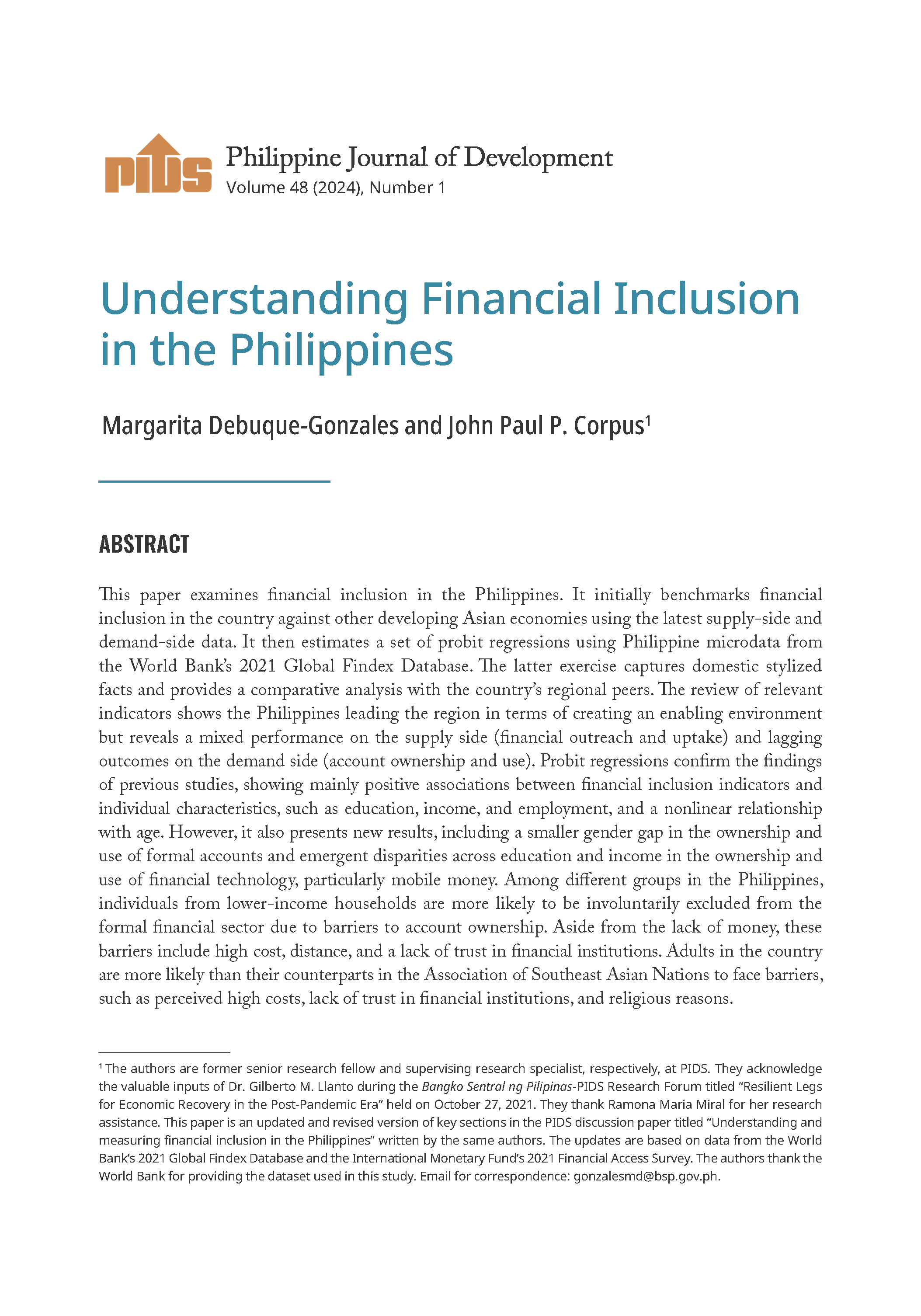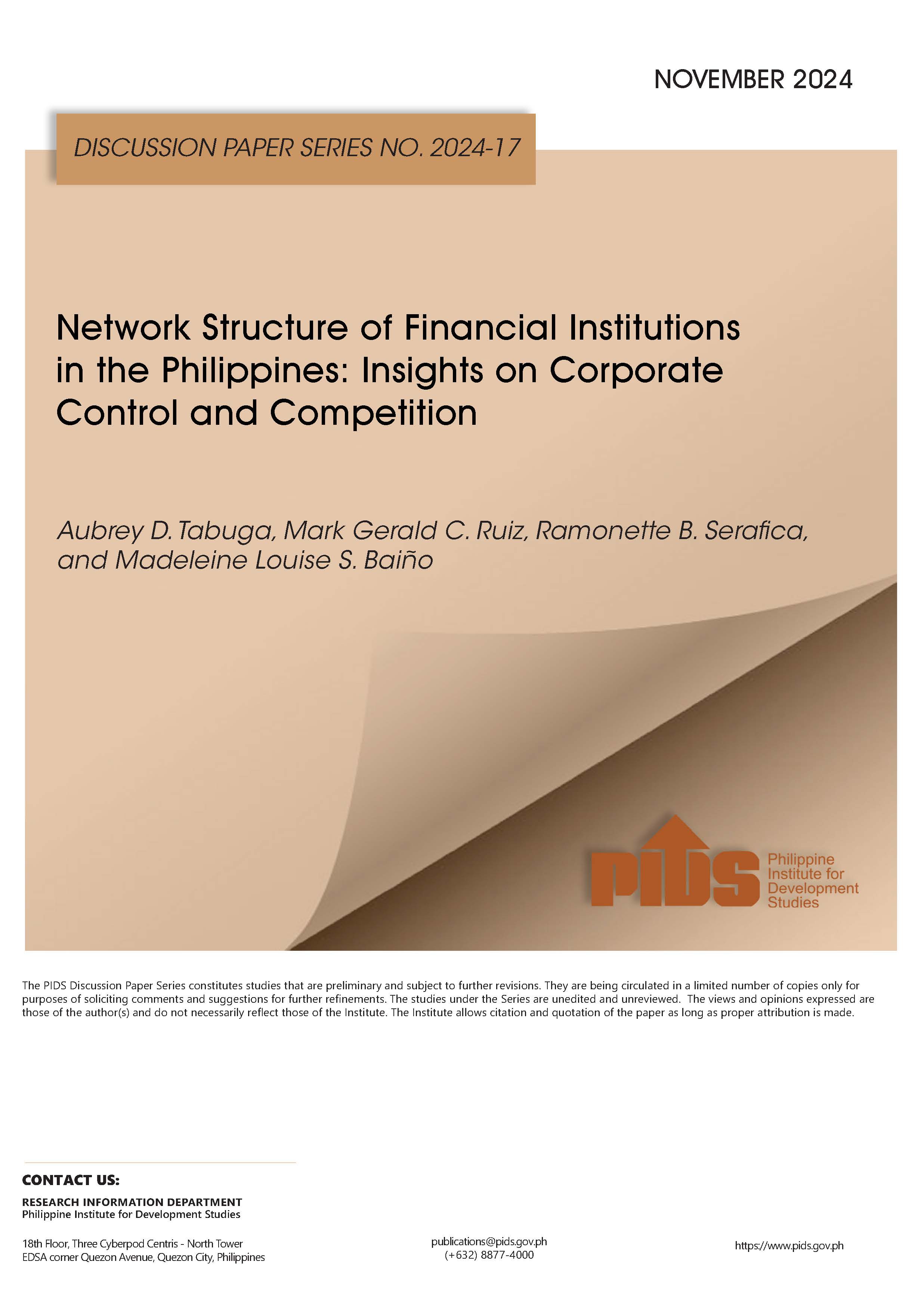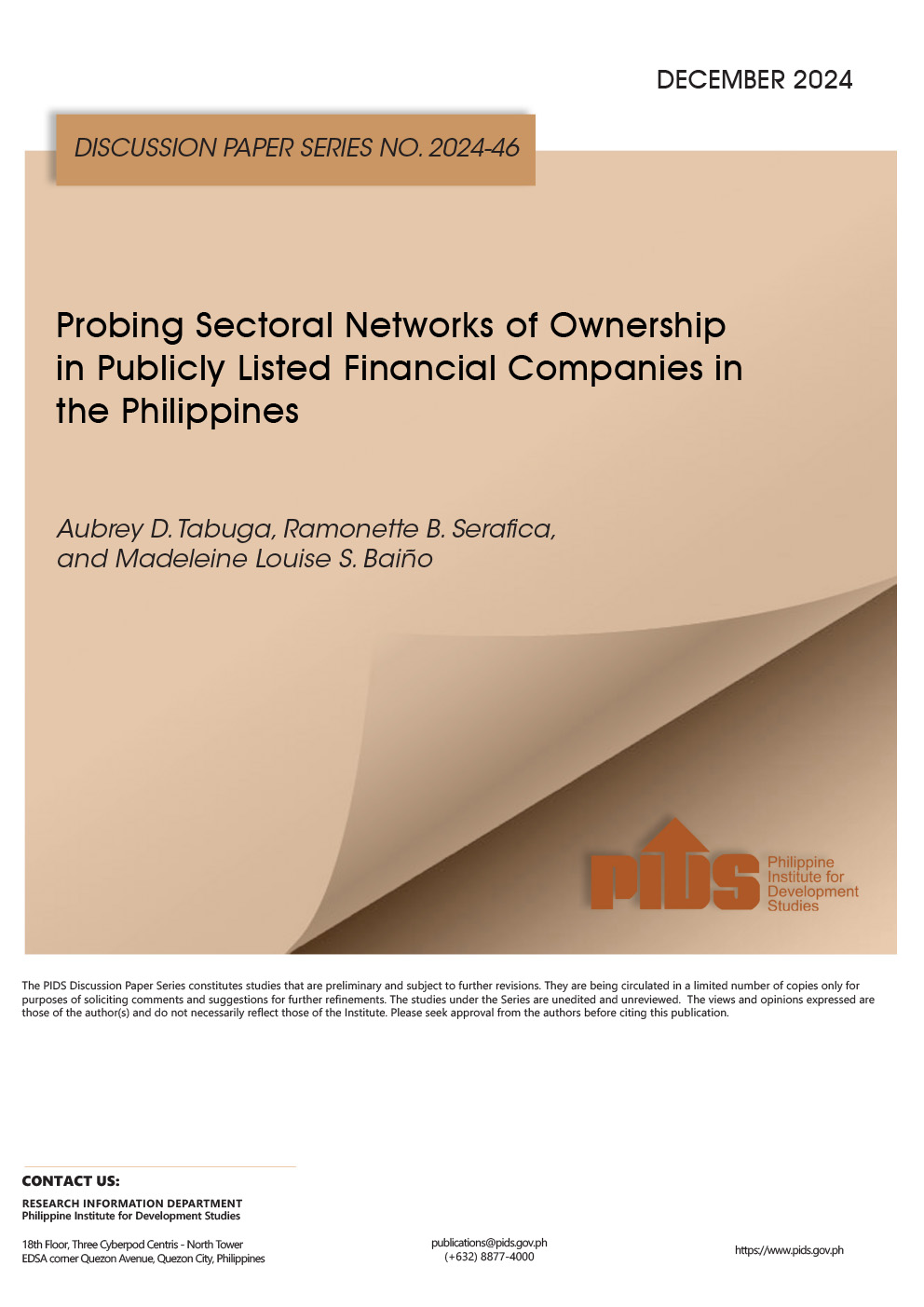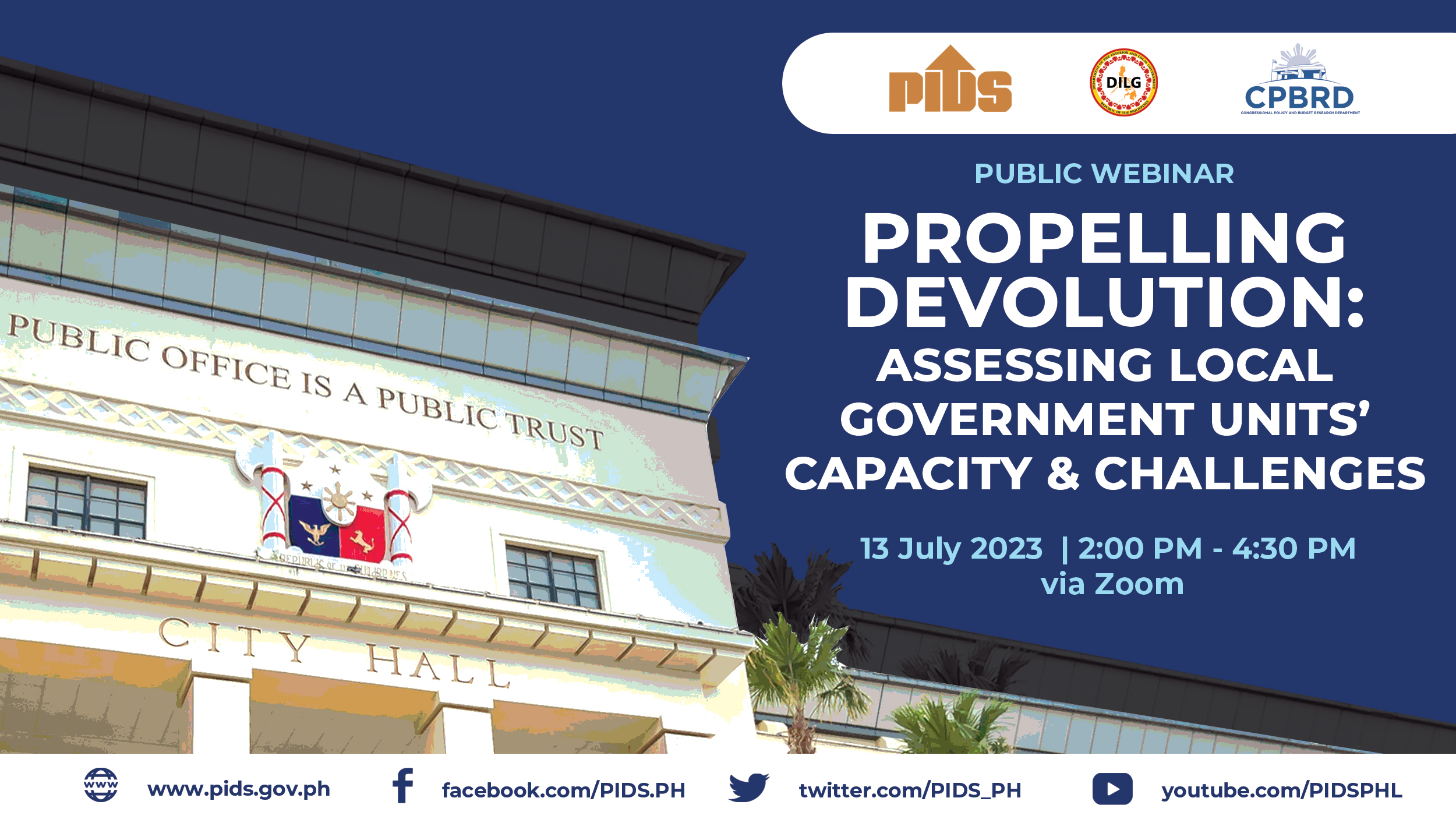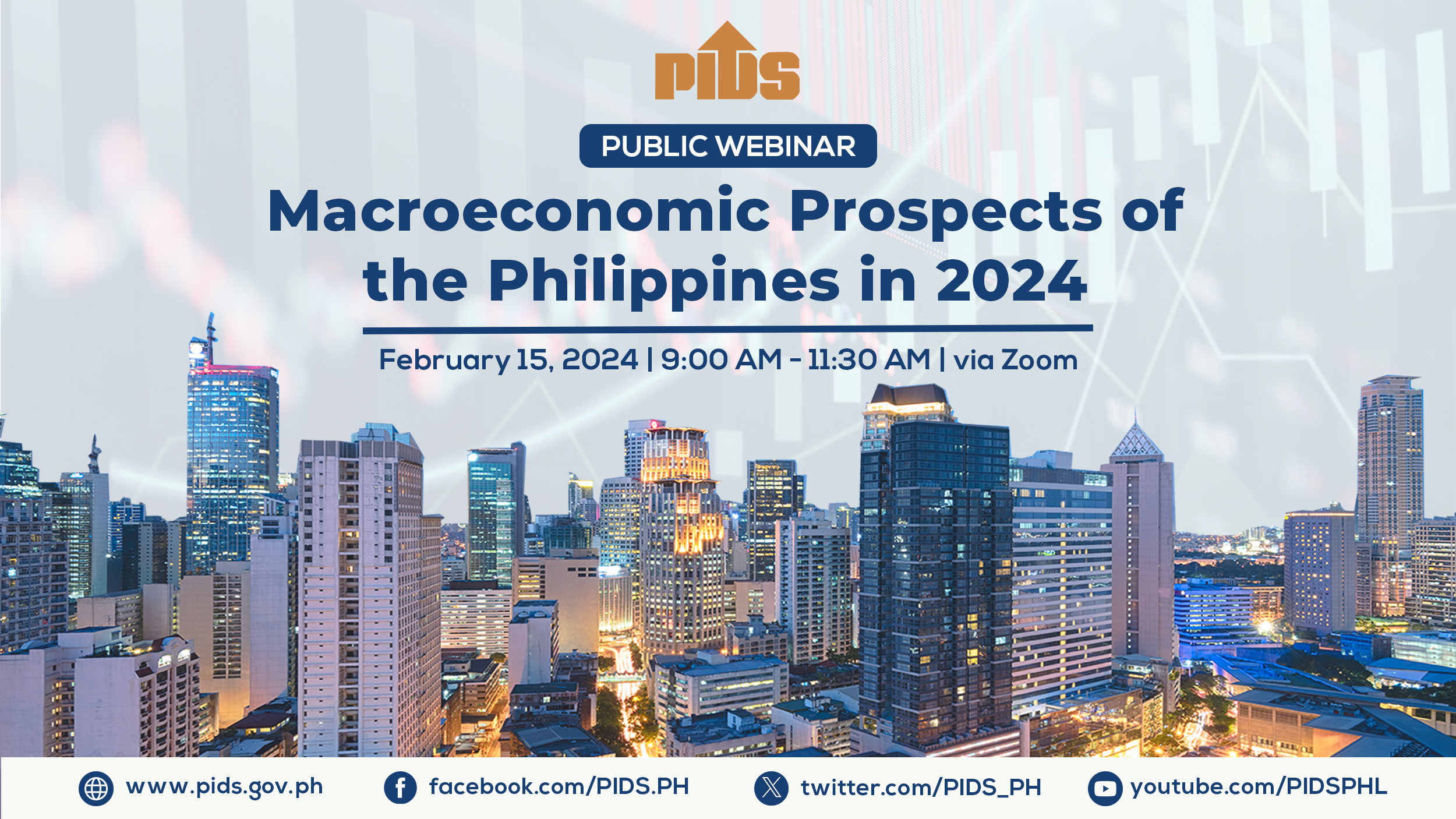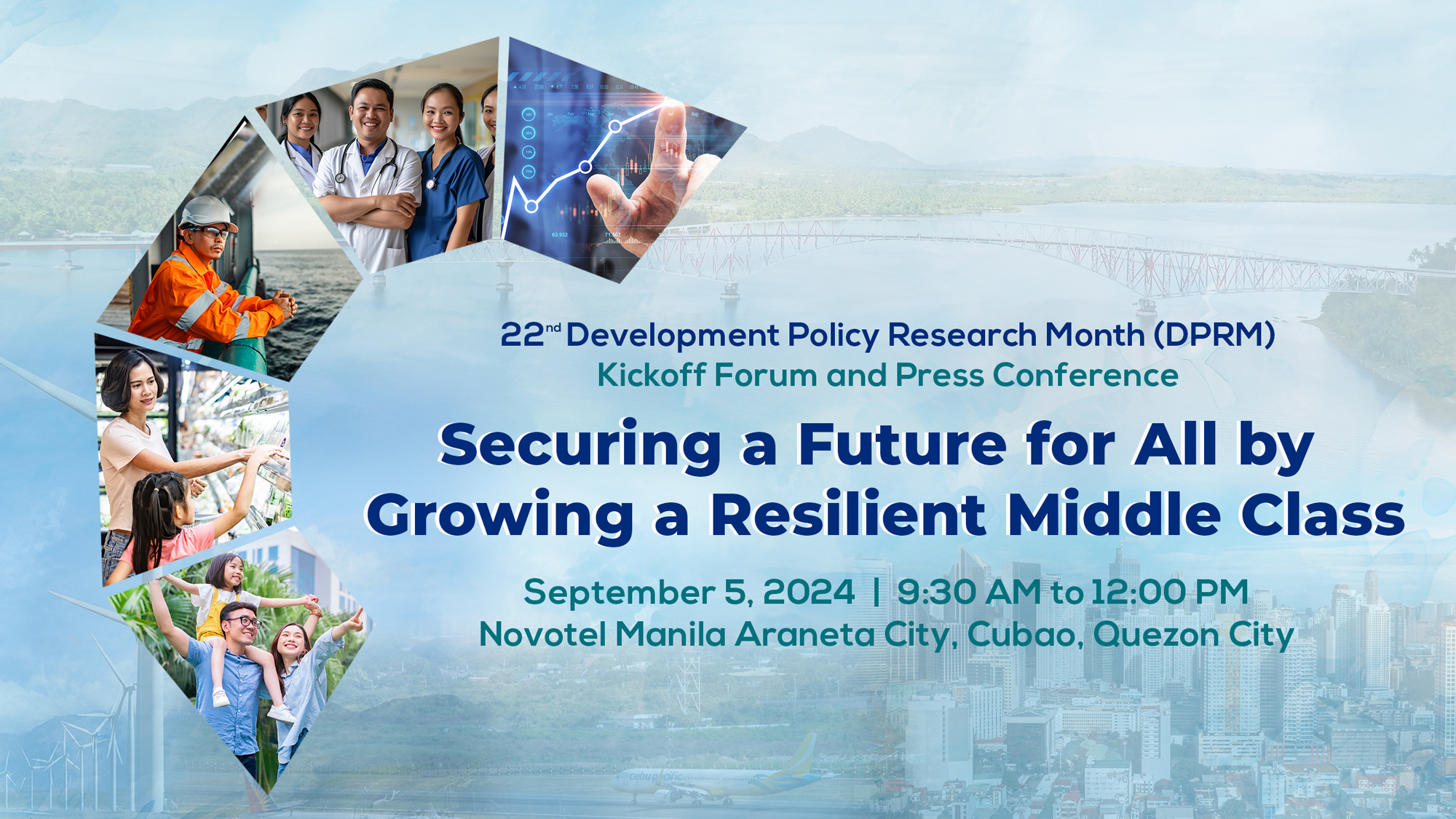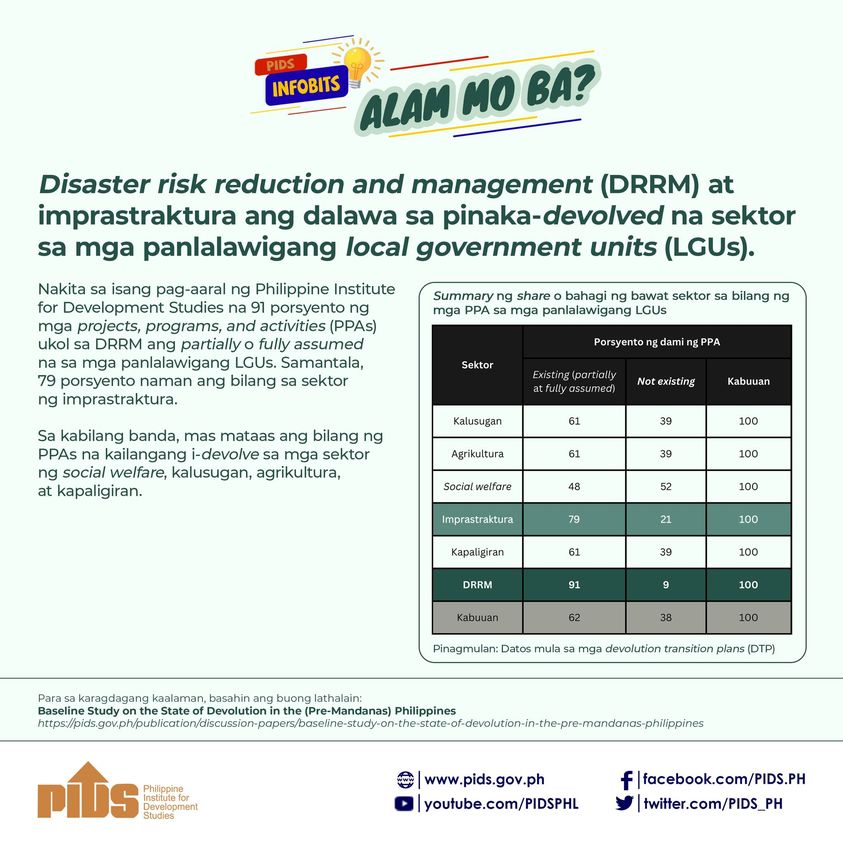MALACAÑANG has vowed to address the gaps which caused the significant drop in foreign direct investments (FDI) last year.
In a press briefing on Wednesday, Palace Press Officer Claire Castro said they are now verifying the cause of the decline stated by the Bangko Sentral ng Pilipinas (BSP).
“For now, we are now determining the cause [of the decline] of the foreign investments. Because sometimes there are records, which show that investments in the Philippines are rising,” Castro said in Filipino.
In its preliminary data, BSP reported that the amount of FDI in December plunged to US$110 million from US$743 million in the same period last year.
Economists attributed the decline to policy uncertainty and global economic risks.
Full-year FDI inflows for 2024 only reached US$8.93 billion, which is below its projected US$9-billion target for the year.
Meanwhile, the Department of Trade and Industry (DTI) reported last December to its Philippine Board of Investments that its approved investments from January to November 2024 reached P1.62 trillion, which is higher compared to P1.1 trillion year-on-year.
“We will find out if there are any shortcomings, and business experts and our heads of agencies will immediately take steps to address whatever impact this may have,” Castro said.
According to Philippine Institute for Development Studies Senior Research Fellow John Paolo Rivera, “Policy uncertainty and global economic risks may have dampened investor sentiment, leading firms to delay or scale down expansion plans in the Philippines.”
Although Donald Trump’s influence on the drip in FDI inflows is “indirect at best,” Rivera said investor sentiment is forward-looking and his presidency is a factor in global investment decisions.
The sharp decline in net FDI inflows is also “concerning,” Rivera said, as this indicates both short-term financial pressures on local firms and potential shifts in investor sentiment toward the Philippine economy.
The BSP had said the FDI declined due to increased debt repayments by resident corporations to their nonresident direct investor.
The higher debt repayments resulted in net foreign investments in debt instruments shifting to net outflows of $19 million in December 2024, coming from $618 million in net inflows in December 2023.
“Higher debt repayments suggest that resident firms are prioritizing deleveraging over reinvesting capital, which may reflect tighter financial conditions or concerns over profit margins,” Rivera said, adding that higher global interest rates make borrowing more expensive and discourage new investments.
Marcos meets more investors
Meanwhile, Castro said Marcos continues to meet with potential investors in the hopes of bringing in more job-generating businesses in the country.
“As far as I know, the President continues with his meetings for foreign investments and the investments here in the Philippines,” she said.
The President also backs laws which aim to raise FDIs in the country such as the Republic Act (RA) No.12066 or the Corporate Recovery and Tax Incentives for Enterprises to Maximize Opportunities for Reinvigorating the Economy (Create More) Act.

